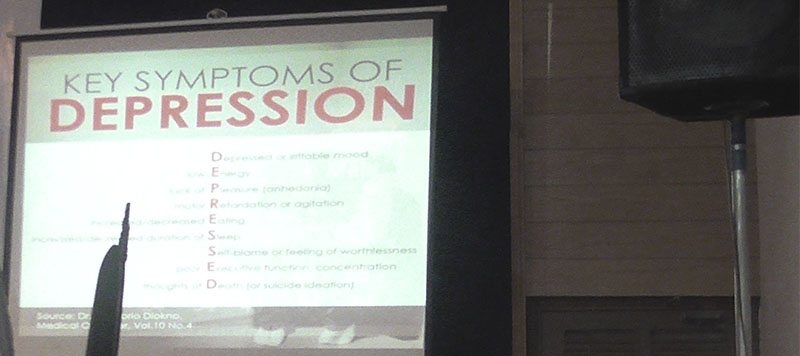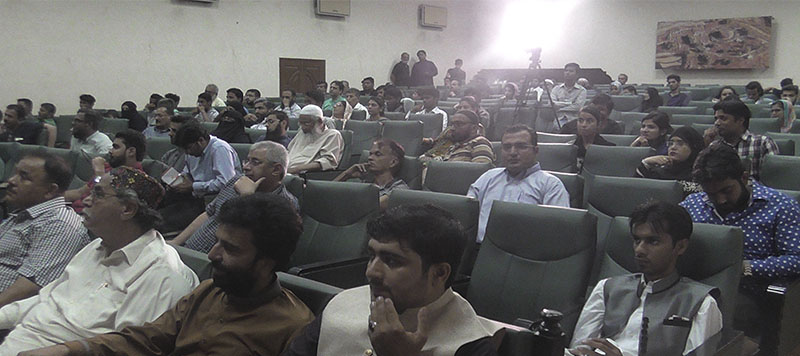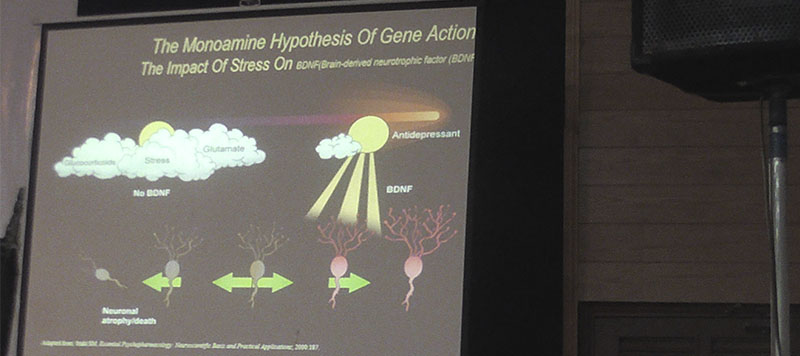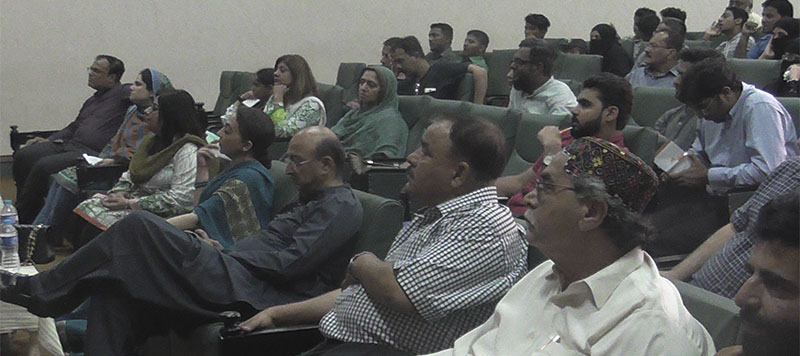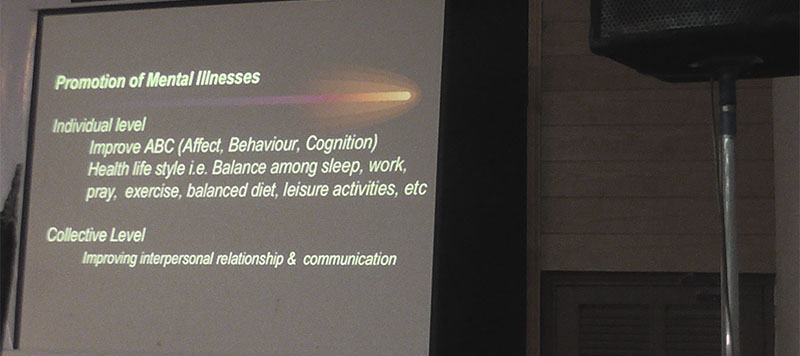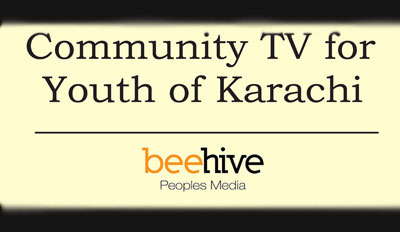Sorting messes
By Mahima Sultan
According to the World Health Organization, mental disorders are the single most common cause of disability in young people. Furthermore, 70% of mental disorders onset prior to the age of 25, making the adolescent years a critical window in which mental health can be promoted, and mental health problems can be addressed.
Celebrating Mental Health Day, Umang Foundation held an awareness program at National Museum earlier last month where different guests were invited, both academic and active civil society members.
All guests stressed on the state of mental health among people in modern times which studies show are peaked among youth the most. If left untreated, mental disorders can affect emotional well-being and social development that makes people feeling socially isolated, denounced, and unable to contribute to society optimally.
Around 50 million people are suffering from common mental disorders in Pakistan. The illness afflicts 15 to 35 million adults, which is about 10 to 20 per cent of the population.
If the stigma and negligence around mental health in society, specially our South Asian ones, persist with their models of child and youth mental healthcare, we are down one rocky road that jeopardizes our future.
Addressing mental health problems early in life can lead to decrease in emotional and behavioral problems, functional impairment, and contact with all forms of law enforcement and can help improve social and behavioral adjustment, learning outcomes, and school performance.
Our lives have increasingly turned busy in which sparing a moment to our self has become a task. It is important for people to organize and endeavor to tackle mental health issues. Solutions, interventions via Civil Society Organizations or NGOs or through governmental policies must be validated and scientifically researched.
The need for mental health programs to be integrated across education, health, justice, and community services was highly recommended.


